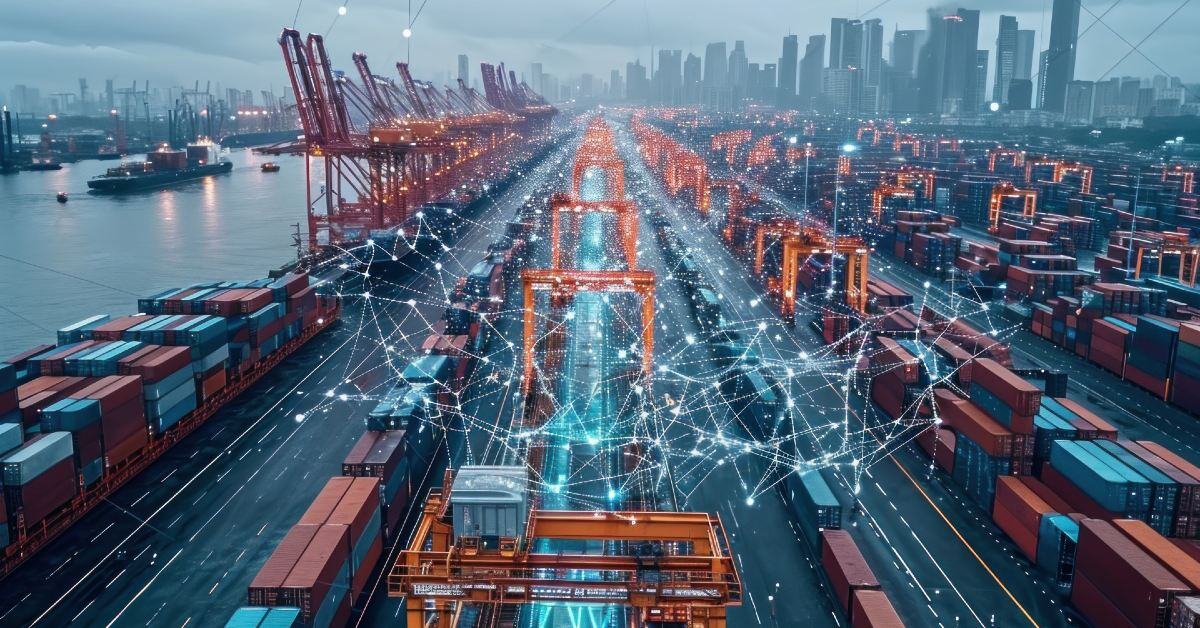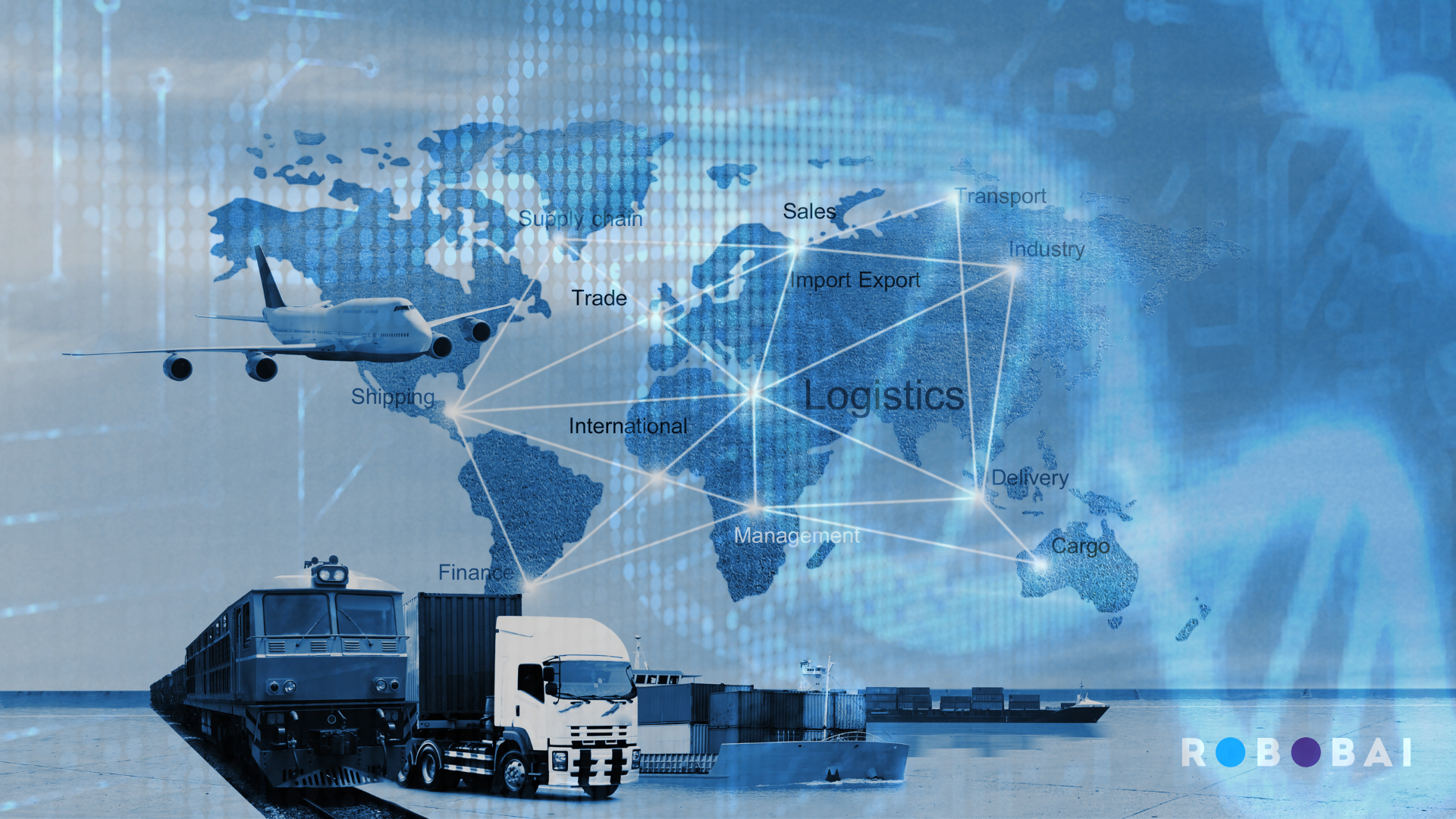Why continuous monitoring is crucial for supplier risk management
Companies are increasingly interconnected in today's global economy and supplier relationships are integral to business success. However, the...

The ability to continuously monitor supply chain risks is essential for maintaining resilience and continuity. By using advanced monitoring software platforms and proactive strategies, businesses can bolster their readiness to navigate complex challenges and sustain operational stability. In this post, we explore the pivotal role of continuous monitoring in enhancing supply chain resilience and empowering organizations to promptly detect and address emerging risks.
Continuous monitoring provides numerous advantages that help businesses maintain a robust and resilient supply chain. Here are some key benefits:
Continuous monitoring tools offer insights into every aspect of the supply chain, from raw material procurement to product delivery. This improved visibility enables businesses to track and analyze supply chain activities, ensuring that every link in the chain operates efficiently. Transparency is essential for identifying inefficiencies, optimizing processes, and maintaining a clear view of supplier performance.
For example, continuous monitoring can reveal bottlenecks in the production process or delays in shipping, allowing companies to address these issues before they escalate. According to a 2023 study by Deloitte, companies with high supply chain visibility reported significantly higher revenue growth compared to those with low visibility.
One of the most significant advantages of continuous monitoring is the early detection of disruptions that could impact operations. By continuously analyzing data from various sources, monitoring systems can identify patterns and anomalies that may indicate potential risks. This early warning system enables businesses to take proactive measures to mitigate the impact of disruptions.
For instance, if a supplier is experiencing negative press for a breach of ethical standards, continuous monitoring can alert the company to seek alternative suppliers or renegotiate terms before a supply chain break occurs. Early detection allows for swift action, reducing downtime and minimizing financial losses.
Continuous monitoring equips businesses with the agility to respond quickly to emerging threats. In a rapidly changing business environment, the ability to adapt and respond to new risks is crucial for maintaining operational stability. Continuous monitoring provides the data and insights needed to make informed decisions and implement effective response strategies.
Selecting the right continuous monitoring tool is crucial for maximizing the ability to quickly identify potential third-party risks across your supply chain. Here are some key features and capabilities to look for:
Automation and continuous monitoring are critical features in supply chain risk management tools. Automated data collection and analysis streamline the monitoring process, reducing the need for manual intervention and minimizing the risk of errors. Automation capabilities allow businesses to process large volumes of data quickly and efficiently to identify and mitigate risk across their supply chain.
For example, an automated system can continuously monitor supplier activities, such as media reports of sanctions or modern slavery breaches. This enables organizations to proactively manage potential financial and reputational damage.
Proactive alert systems are essential for prioritizing critical issues and ensuring that they receive immediate attention. These systems can be configured to send notifications based on predefined criteria, such as expiry dates of mandatory supplier compliance documentation.
For instance, if a key supplier has breached regulatory or compliance requirements, the monitoring system can send a notification, prompting the business to assess the potential impact and initiate contingency plans. Proactive alerts enable organizations to stay ahead of potential disruptions and take timely actions to mitigate risks.
As businesses grow and supply chains become more complex, the monitoring tool must be scalable to accommodate increased data volumes and additional monitoring requirements. Scalability ensures that the monitoring system can handle the evolving needs of the business without compromising performance or reliability.
A scalable risk management platform should access various third-party data sources, including sanctions, modern slavery and ESG, providing a comprehensive view of supply chain risk. This flexibility allows businesses to expand their monitoring capabilities as needed, ensuring continuous visibility and control.
Risk alerts and notifications are critical for maintaining awareness of potential risks to the supply chain. These features enable businesses to monitor for specific risk factors, such as geopolitical instability, regulatory changes, or cybersecurity threats, and receive timely notifications when risks are detected.
Simon Ellis, Chief Sales Officer at RobobAI, says these capabilities provide real value to organizations looking to protect supply chain integrity.
“RobobAI’s unique supplier risk management solution includes continuous monitoring and risk alert capabilities that provide notifications of potential threats to the supply chain. This enables large organizations to identify emerging risks quickly, and take proactive measures to safeguard their operations,” he said.
Continuous supplier monitoring is necessary for enhancing resilience and maintaining operational stability. The benefits of continuous monitoring include improved visibility and transparency, early detection of compliance breaches, and enhanced agility in responding to emerging threats. By selecting the right monitoring tool with automation capabilities, proactive alert systems, scalability, and robust risk alerts, businesses can ensure they are well-equipped to navigate the complexities of the modern supply chain.
Implementing continuous monitoring is not just a technological upgrade; it is a strategic move that empowers businesses to stay ahead of potential risks, optimize their supply chain operations, and maintain a competitive edge in the marketplace. As supply chains continue to evolve, the importance of continuous monitoring will only grow, making it an indispensable component of effective supply chain management.
Managing supplier compliance is resource-intensive, ineffective and costly - and in today’s complex environment, it can be easy to engage with risky or sanctioned entities that pose serious legal and reputational risks. RobobAI’s supplier risk management software can help you manage supplier risk and improve crisis response with risk alerts through continuous monitoring of suppliers.
Get in touch with us or book a personalized demo.
RobobAI offers industry-leading third-party risk management, combining AI-powered risk assessment with continuous monitoring capabilities. Our platform helps enterprises identify, evaluate, and mitigate vendor risk, ensuring compliance while protecting business continuity in an increasingly complex supplier landscape.

Companies are increasingly interconnected in today's global economy and supplier relationships are integral to business success. However, the...

Modern global supply chains are increasingly complex, and organizations can easily be overwhelmed by the responsibility of protecting them. It is...

Digitalization is often seen as a tool to drive efficiency and cut costs of supply chain management, but it presents wider opportunities for...